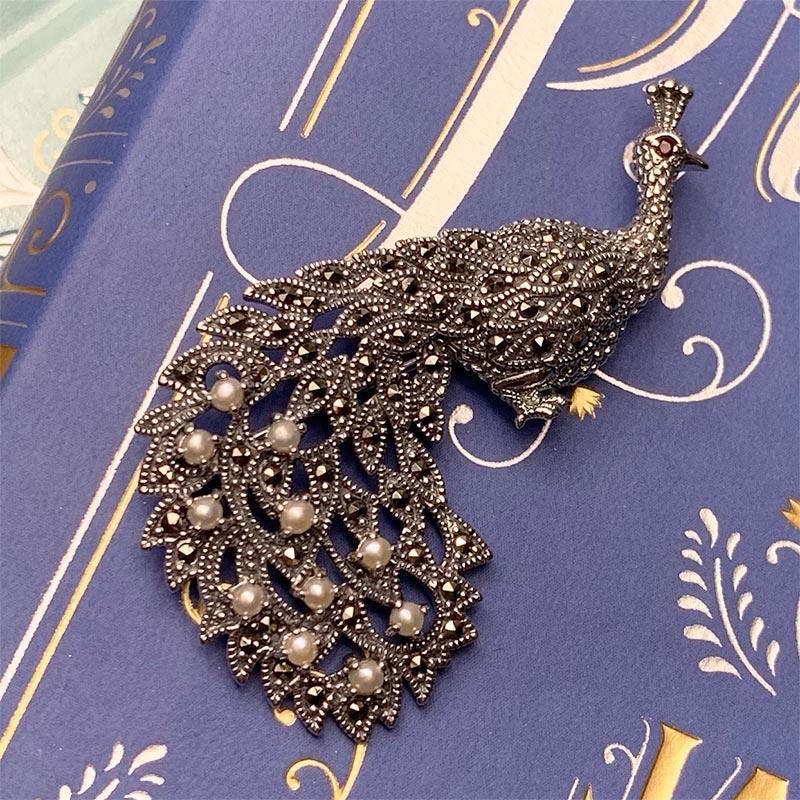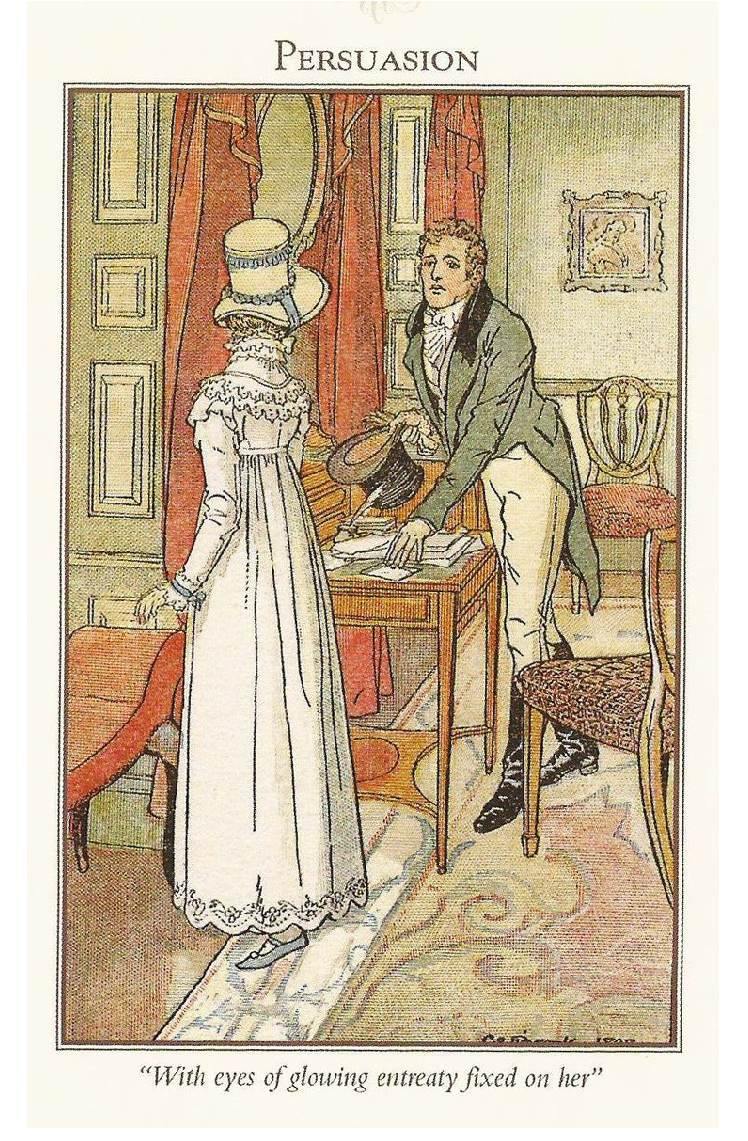Are Jane Austen's Heroines Ideal Women?
By Jenni Waugh
I recently replied to an email enquiry from a student who was looking for an opinion on the question "To what extent does Jane Austen present her heroines as ideal women within their social contexts?" My reply ended up being fairly lengthy and is below. Let me know what you think!  Personally, I'd say that very few, if any, of her heroines are presented as ideal women within their social contexts. They all have their own unique flaws. Elizabeth Bennet is outspoken and opinionated; just think of her responses to Lady Catherine's enquires about her age, and her dismissal of Mr Collins, and then later of Mr Darcy. Were Lizzy an ideal woman in society she would have accepted Collins in order to secure her family's home as per her mother's wishes, or Darcy when he asked her in order to secure an even better future for herself and her family.
Personally, I'd say that very few, if any, of her heroines are presented as ideal women within their social contexts. They all have their own unique flaws. Elizabeth Bennet is outspoken and opinionated; just think of her responses to Lady Catherine's enquires about her age, and her dismissal of Mr Collins, and then later of Mr Darcy. Were Lizzy an ideal woman in society she would have accepted Collins in order to secure her family's home as per her mother's wishes, or Darcy when he asked her in order to secure an even better future for herself and her family.

Emma, likewise, is outspoken, opinionated and meddlesome. Although on a positive note she is at least relatively rich; a most desirable quality in any wife. Anne Elliot is rich and polite, and certainly obeys her family's wishes, which is why she turned down the Captain's initial offer of marriage all those years ago. However, Anne would be considered by many to be too old to make a good bride. You could be out in society and looking for a husband from the age of 15, and by the age of 26 you were seen as on the shelf. Most of Austen's heroines marry at the age of 19.


The Dashwood sisters in Sense and Sensibility are also not ideal women. Elinor is undoubtedly highly sensible, frugal, polite and caring. We're shown this in the way she ignores her own deep feelings for Edward when she discovers he is engaged, the way she monitors the family finances, in her manner towards characters she doesn't like (Lucy Steele for example), and in how she cares for her sister Marianne when she is broken hearted. Marianne may not be as sensible, but she is incredibly beautiful, accomplished in her piano playing and her singing, and she too has good manners and a loving nature (although this was not necessarily a must-have for an ideal woman). Where both sisters lose out is in their financial circumstances. They have lost their family home and their wealth and they are now forced to live in meagre circumstances. They have gone from an estate to a cottage, and this simple lack of fortune makes the sisters far from ideal. Money and power were still the best reasons to be married in the 1700s and into the 1800s. A woman without wealth was far from ideal, whatever her other merits may be.

Next, to the heroine of Northanger Abbey. Catherine Morland is the youngest heroine to be married, but despite her youth Catherine is far from an ideal woman as she reads, of all things, novels! These put ideas into her head that eventually lead to her belief that General Tilney is some sort of crazed wife-murderer. Northanger Abbey highlights the perils of reading too many of the gothic novels which were popular at the time by satirising the genre and showing what trouble they get Catherine Morland into. Catherine, therefore, is too naive and reads too much to be seen as an ideal women.

That leaves Fanny Price. Fanny Price is probably the heroine that comes nearest to Georgian society's idea of an ideal woman. She is kind, she is the most obedient of Austen's heroines (almost to the point of submissiveness, and this was a very good quality to have as a wife), she has some good connections thanks to her uncle, and although not beautiful, she is pretty. Fanny's downfall is that despite her home in the impressive Mansfield Park, she is in essence penniless, having been sent to life with her aunt and uncle since her parents could not really afford to look after her. Fanny is the poor relation, and that alone was enough to stop her from being an ideal woman. To sum up, Jane Austen didn't write any of her heroines as "ideal women". Instead she chose to give each of her heroines at least one thing that would make them flawed, and then over the course of a novel, to show her reader why that flaw ultimately didn't matter. By writing heroines with flaws Austen succeeded in highlighting her society's own flaws and prejudices. Besides, it's difficult to feel any great affection for a character that's perfect.
If you don't want to miss a beat when it comes to Jane Austen, make sure you are signed up to the Jane Austen newsletter for exclusive updates and discounts from our Online Gift Shop.



Leave a comment
This site is protected by hCaptcha and the hCaptcha Privacy Policy and Terms of Service apply.